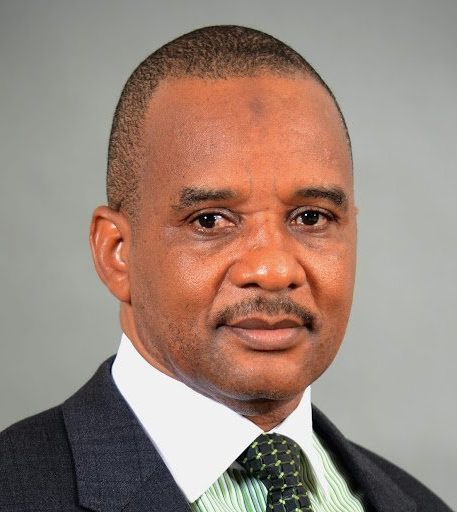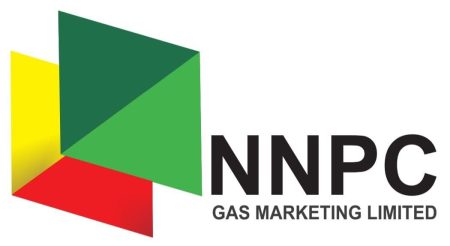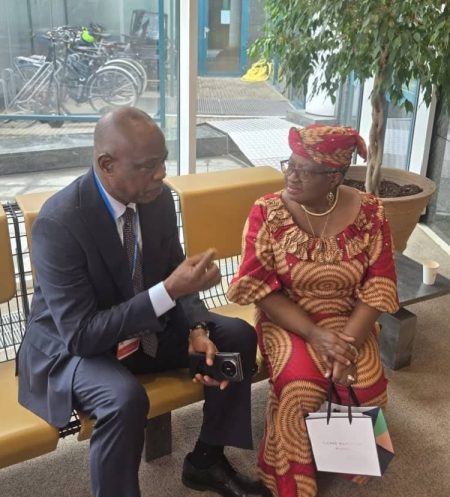
*Says synergy key to successful fight against maritime crimes
Vincent Toritseju
Lagos — The Director-General of Nigerian Maritime Administration and Safety Agency (NIMASA), Dr. Bashir Jamoh, has said that the economic cost of maritime insecurity in the Gulf of Guinea, GoG, currently stands at $793.7 million which is about N422.2billion just as enhanced stakeholder collaboration in tackling maritime security challenges in Nigeria and the Gulf of Guinea cannot be overemphasized.
Speaking at the recently concluded Chief of the Naval Staff Annual Conference (CONSAC) held in Kano State, Jamoh urged Nigerian stakeholders to “learn to share their toys” in a bid to close the gaps and tighten the security ring around the nation’s maritime space against piracy and other maritime crimes.
Jamoh’s presentation titled, “Enhancing Collaboration amongst Stakeholders for Improved Maritime Security in Nigeria,” observed that despite the rich potential of the maritime sector in the areas of job creation and revenue generation, and its vital role in facilitating more than 90 per cent of world trade through shipping, the sector was undermined by maritime insecurity.
The NIMASA Director General was also honoured at the event by Chief of the Naval Staff, Vice Admiral Awwal Zubairu Gambo, for ensuring civil military cohesion.
He stated: “The economic cost of maritime insecurity is very pronounced for Nigeria compared to other countries. While the economic cost of piracy activity in Asia was estimated at $4.5 million (as of 2016), the estimated economic cost of maritime insecurity in the GoG was about $793.7 million.”
The NIMASA DG identified sources through which insecurity led to loss of revenue in the maritime sector as ransom payment, insurance premiums, re-routing ships, security equipment, losses to oil and fishing industry, and cost of security escort.
Dr. Jamoh said, “Studies have identified the following factors as the drivers of maritime insecurity in the region. They include an increase in ship traffic as a result of globalizsation; the debilitating leadership of many of the states in the region; the proliferation of small arms; poor monitoring and control of the oceans; and criminality, which have been further aggravated by visible youth unemployment.
“High level of poverty, and economic hardship were also listed as causative factors.
“The impacts of these challenges are far-reaching and requires that all concerned should collaborate to tackle this menace.”
Drawing examples from other climes, like the Regional Cooperation Agreement on combating Piracy and Armed Robbery against Ships in Asia (ReCAAP), the NIMASA boss stressed how stakeholder collaboration had been used to tackle maritime insecurity.
He identified the five clusters of Nigerian maritime collaboration as the Armed Forces/National Security Group (Army, Navy, Air Force, etc); Non-Military Services (Customs, Police, Immigrations, NDLEA etc); Agencies with Incidental Functions (NAFDAC, NNPC, DPR, etc); Regulatory Agencies (NIMASA, NESREA, NOSDRA, NIWA etc); and the Disaster Management Agencies (NEMA).
He further stated that NIMASA was collaborating with the International Maritime Organization (IMO), INTERPOL, regional organizations, shipping operators, as well as private security companies, submarine cable operators, and seafarers’ organizations.
Dr. Jamoh called for the deployment of more resources for technical assistance to facilitate capacity building and expansion of automation systems for monitoring the maritime sector. He said this would enhance the country’s capacity for cooperation against trans-national maritime crime and terrorism with potentials to adopt a more participatory approach to maritime security.
“Working together is, therefore, a most vital approach to defend our seas, enhance maritime security, promote trade, protect the environment, and guarantee the quality of life of our people,” Dr. Jamoh stated.



